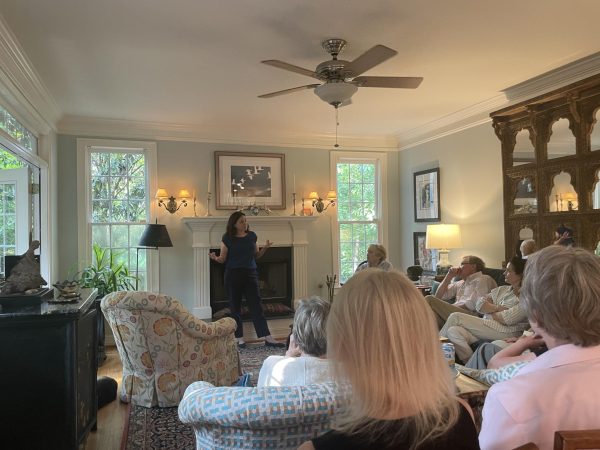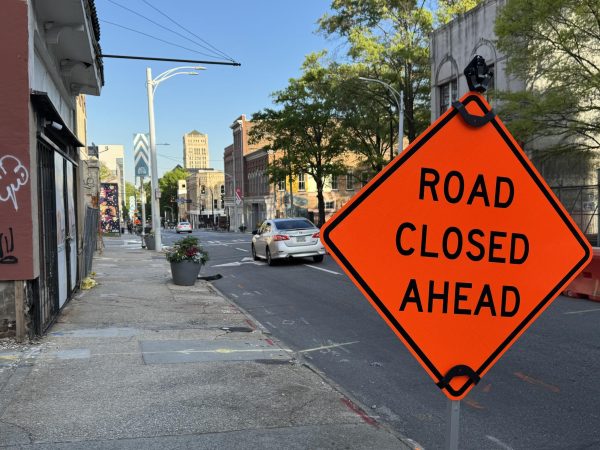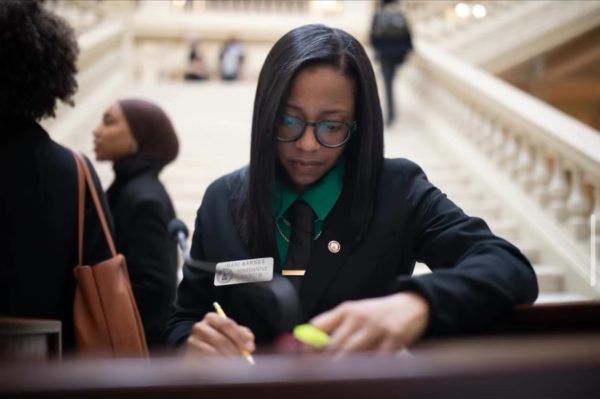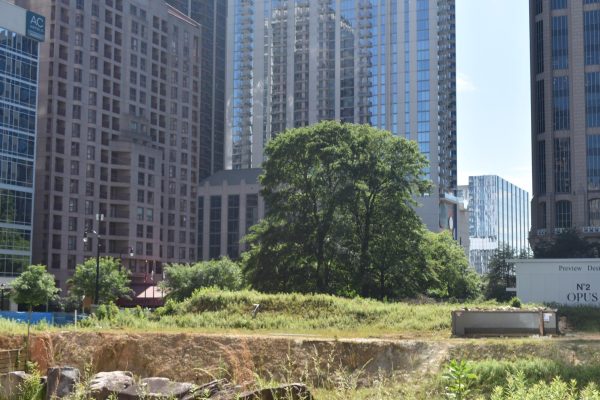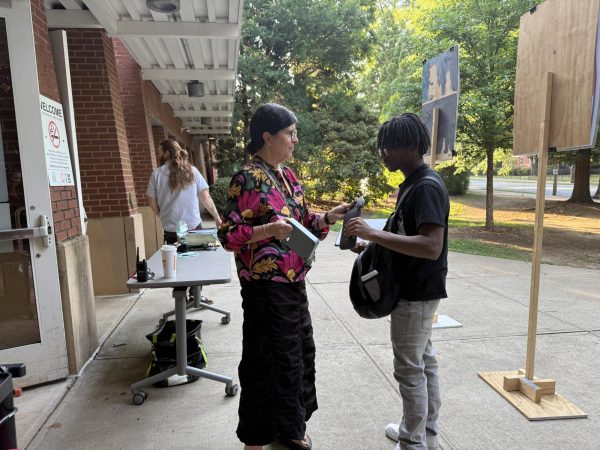Commercial developer buys Underground Atlanta
By Sophie Rivard
Underground Atlanta, an area that served as the center of downtown life in the 1960s, still holds remnants of the Atlanta history once rooted there. Despite its vibrant past, the shopping district full of kiosks and small shops has been neglected, and was subsequently sold to a development company on March 16.
WRS Inc., a real estate and development company from South Carolina purchased the property from the city. Mayor Kasim Reed has worked with WRS Inc. for over two years to negotiate the terms of the Underground Atlanta property sale and is hopeful the sale will be another milestone in the revitalization of downtown Atlanta.
“The Underground Atlanta area has a lot of potential to increase the financial stability for the City of Atlanta and improve the activity in the core of downtown.” Jenna Garland, press secretary for Mayor Reed said. “The mayor has supported the WRS company mainly due to the high level of expertise that they bring, along with a strong track record of successful developments.”
WRS Inc. plans to begin renovations this fall. Potential changes include adding a Walmart and restoring present businesses. During negotiations, the deal met great opposition from the Atlanta community, including Georgia State university students attending the downtown campus. Georgia State sophomore and Grady alumnus Molly Gray is apprehensive about the impact that the new development of Underground Atlanta will have on the culture of downtown Atlanta.
“Downtown Atlanta has some of the richest African-American history in Atlanta,” Gray said.“ There is such a unique culture there, and parts of the area like Underground Atlanta really need to be preserved. Underground Atlanta has the potential to be a really cool area for Georgia State students, tourists, and Atlanta residents, but it was sold to a company who is known for the development of Walmart. That’s a little off-putting.”
Due to the opposition toward the development company, the sale negotiations were drawn out over two years. Finally, with revisions made that satisfied city limitations and community concerns, WRS Inc. was able to close the deal on the Underground Atlanta district and open the doors to new possibilities for the district in downtown Atlanta.
“The process of sale took a while, mainly because of the technicalities of the sale,” said Garland. “These technicalities ranged from ancient property surveys, real estate records, and complicated easements for MARTA and railroad companies.”
Some residents recognize the benefits that a renovated Underground Atlanta would provide.
“Underground Atlanta as it is right now is run down and dirty. The best thing that can happen for it is redevelopment,” Branden Carter, Georgia State sophomore and Grady alumnus, said. “More jobs could be created for locals and the shopping area could become what it was once envisioned to be.”
The shopping district in Underground Atlanta is going to experience major changes under the new company, and by July 31, all stores will be closed for a three to five year period as the property undergoes major renovations.
“A lot of the culture and history is going to be lost through the process of renovation, which will impact a lot of the shop owners and employees at Underground,” Jermaine Childs, a sales associate and assistant manager at Skillz men’s clothing store in Underground Atlanta, said. “Skillz is a franchise under a company with three different locations at Underground alone, so we are more lucrative to Underground than Underground is to us. Even so, a new owner means that even more profitable stores might not stay open, and all of the shops in this district are threatened by that possibility.”
The threat to the culture of Underground Atlanta being destroyed is a serious concern for those hoping to preserve historic Atlanta. The Atlanta Preservation Center has listed downtown Atlanta as one of Atlanta’s “endangered” sites. This list is composed of landscapes that are in danger due to threats like poor condition, neglect, and redevelopment pressures, according to the Atlanta Preservation Center website.
“Underground Atlanta is a very irreplaceable and unique area, so moving forward with development, it has to be ensured that the potential of the area is considered over its commercial value,” said Boyd Coons, executive director of the Atlanta Preservation Center. “The problem is that there are very few regulations set by the city that ensure that the development preserves the historical quality of landmarks like Underground Atlanta.”
As Atlanta grows and redevelops, historic parts of the city are coming along for the ride. For Underground Atlanta, the completion date for the renovation has not yet been set, but in the next several years residents may meet a new downtown.


